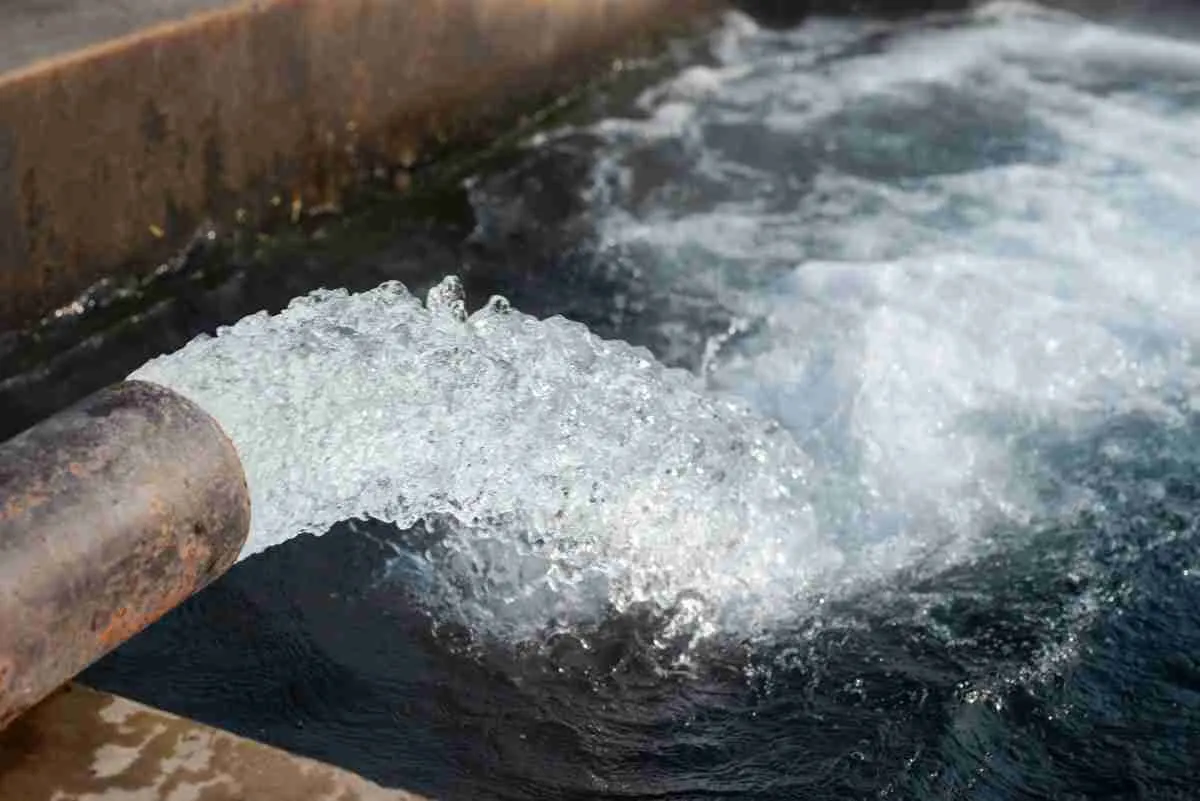By Renato Otto Kloss and Fernando Villela de Andrade Vianna
A recent study by the Trata Brasil Institute, prepared in partnership with USP, on the situation of groundwater in the country sheds light on yet another central aspect in the deeper debate in the basic sanitation sector, which is the unrestrained and irregular exploitation of the so-called “wells”. artesians”.
According to the Institute, it is estimated that there are 2.5 million artesian wells in Brazil, 88% of which are clandestine. This means that almost all existing artesian wells in the country do not have the necessary grant of the right to use the water resource, which must be granted by the Government and requires payment, and are not subject to periodic water quality control.
Despite being inadmissible, it is even possible to imagine why the irregular exploitation of artesian wells still does not deserve greater attention from the authorities. In a country where 35 million people still do not have access to treated water, 100 million do not have sewage collection, and in which practically half of the sewage collected, which is not much, goes without any treatment to water bodies, sources Clandestine water supply operations can be mistakenly understood as a lesser evil, an individual’s livelihood initiative, “justifiable” in view of the failure of the Public Power to offer such essential services.
It is important to point out, however, that the exploration of artesian wells also occurs in areas covered by the water and sewage networks, as a measure to avoid charging fees. Not infrequently, even large consumers, such as industries and residential condominiums, resort to supplying wells as a cost-saving strategy.




